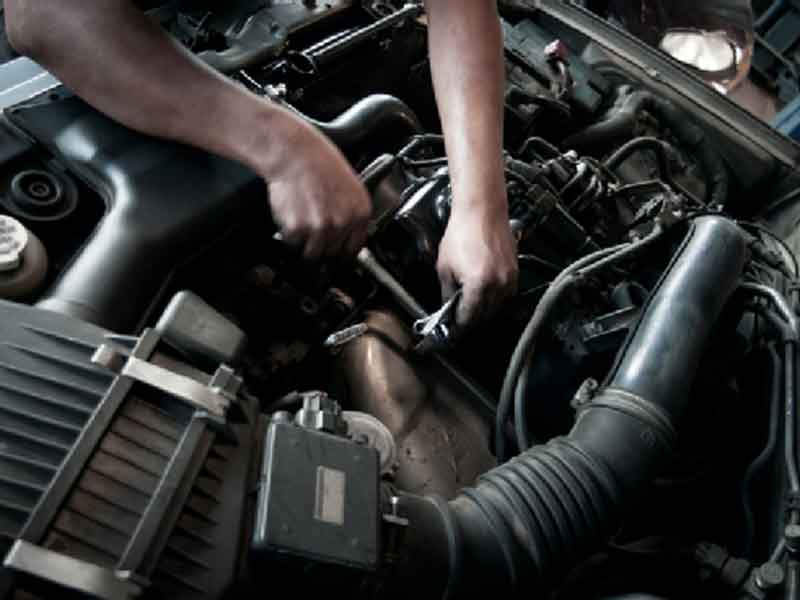Postponing Timing Belt Replacements Can Spell Disaster for Your Engine

Efficient engine performance depends on every component working flawlessly. Taking a weakened timing belt for granted is a dangerous oversight. The following engine failure scenarios reflect the importance of timely timing belt replacement.
- A Stranded Vehicle
A broken timing belt will cause an engine to stop functioning normally and limit the driver’s control of their vehicle. Unfortunately, nearly 5% of all vehicle collisions are caused by vehicle equipment failure, like a broken timing belt. Even in a best-case scenario, drivers with a broken belt are left stranded on the side of the road. This situation can present its own dangers, especially during long trips on the highway. Keeping up with timing belt maintenance is an easy way to ensure these scenarios never occur.
- Extremely Expensive Repairs
The timing belt is responsible for regulating the opening and closing of your vehicle’s engine valves. Belts accomplish this important process by keeping your engine’s camshaft and crankshaft moving in perfect time. In vehicles with interference engines, the timing belt is also responsible for ensuring the engines cams and pistons don’t collide during engine operation. When the timing belt fails, these components collide, often causing irreparable damage to your engine. If the engine can be fixed, then drivers are often looking at several thousand dollars of repair costs. Vehicles with non-interference will also suffer engine damage, but not to the same extent.
- Compromised Vehicle Performance
Even a weakened timing belt can cause noticeable problems in the way your vehicle runs. Worn teeth on a belt cause extra strain on your engine as the motor attempts to compensate for imperfect timing. This unnecessary strain can eventually extend to all engine parts as the careful synchronization of your engine is compromised. Excessive exhaust is a visible sign of this state of disrepair.
Address timing belt problems before issues surface on the road. Get in touch with the professionals at Murray’s Auto Clinic for tips on when to replace your timing belt. Visit our website or dial 301-585-7557 to learn more.


